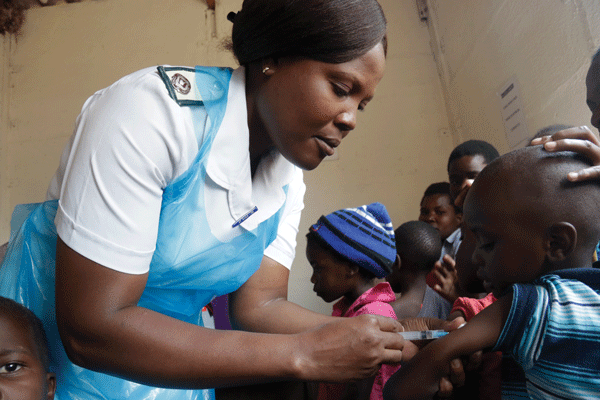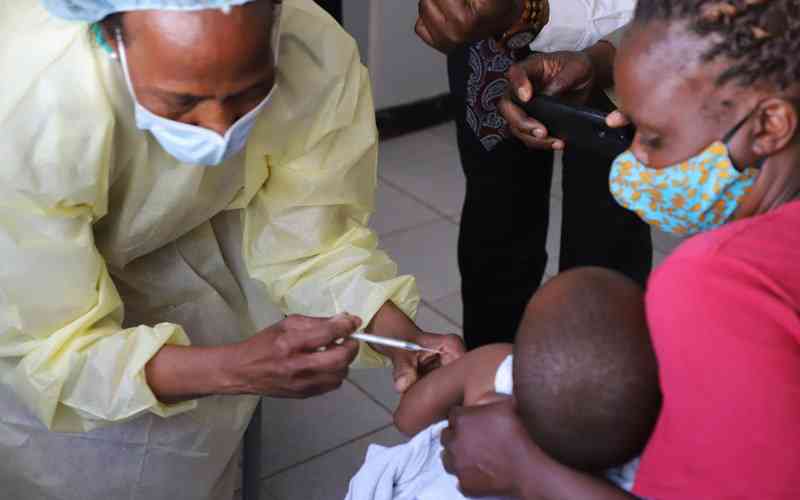
The recent announcement by United States President Donald Trump’s administration that they could be cutting aid to Africa for some key programmes should be cause for concern for Zimbabwe and should have long set off alarm bells in the corridors of power.
Comment: NewsDay Editor
Never mind the false bravado of sovereignty and going it alone long postulated by this government, US funding has helped Zimbabwe immensely, particularly in HIV prevention, and if aid to Zimbabwe was cut, the country’s funding gaps would be laid bare.
In our opinion pages, we carry an article that shows how US funding has been critical for family planning and HIV and Aids prevention and without it, sub-Saharan Africa in general and Zimbabwe in particular could suffer.
Zimbabwe has benefited immeasurably from the Global Fund and the United States President’s Emergency Plan for Aids Relief (Pepfar), but authorities would have been fools to think that these funding initiatives would continue without end.
What is needed now is for the government to be proactive and start seeking ways to cover the gap that could be spawned by a reduction of US funding.
Zimbabwe committed to the Abuja Declaration, where it pledged 15% of its annual budget to health, and it is time the country puts its money where its mouth is.
While aid is appreciated, it has the effect of making governments unaccountable and complacent, as there is an expectation that someone will cover the gaps that the government cannot.
- Chamisa under fire over US$120K donation
- Mavhunga puts DeMbare into Chibuku quarterfinals
- Pension funds bet on Cabora Bassa oilfields
- Councils defy govt fire tender directive
Keep Reading
For example, Zimbabwe is not bothered by meeting its commitments to the Abuja Declaration, yet it is a signatory, because it knows it can push the envelope and someone else will carry the burden.
There are also numerous stories of hospital bosses and other bureaucrats buying expensive cars yet the health delivery system is collapsing, because authorities know that someone else will come in and cover for their excesses with aid.
While defence and security are important, it now time for the country to relook at its priorities and channel more money to health initiatives, as the US cuts have the effect of leaving the country badly exposed and staring at certain disaster.
The habit of allocating defence and security huge chunks of the budget needs to be rethought and the strikes that have affected the health sector in recent months should never be allowed to recur.
Authorities need to ensure that there is a systematic way of increasing health spending that will ensure that in the event of aid cuts, the country does not suffer a heavy blow.











